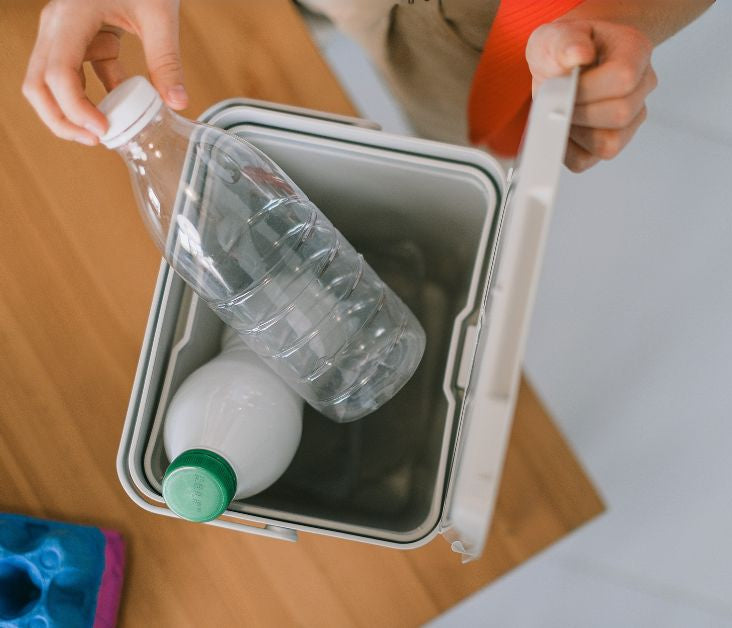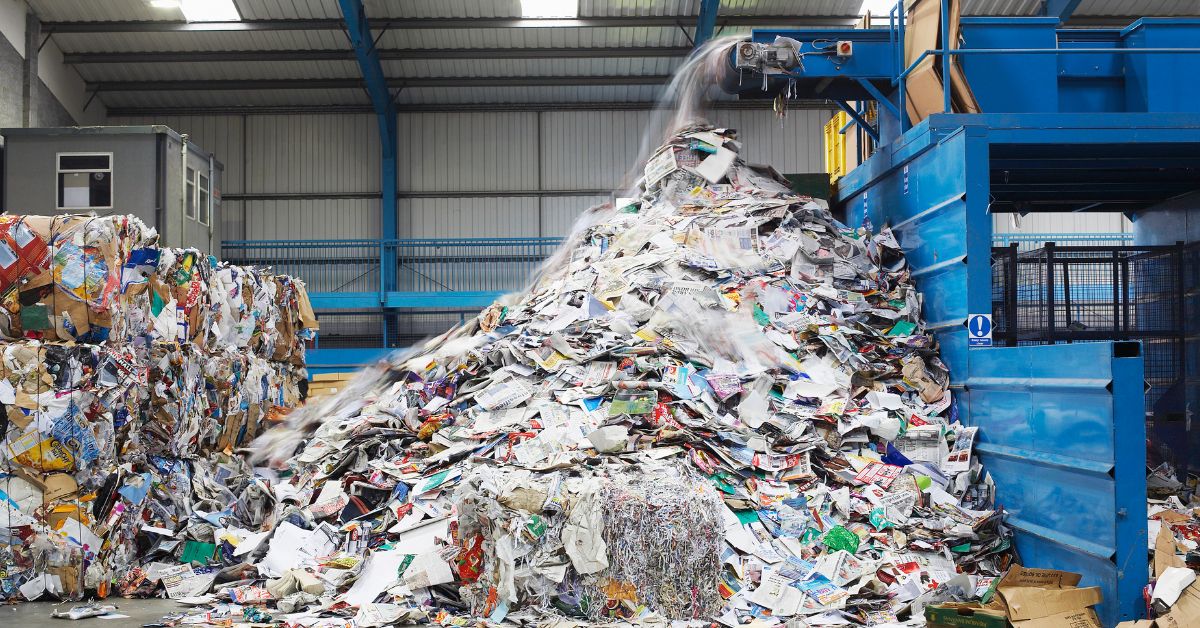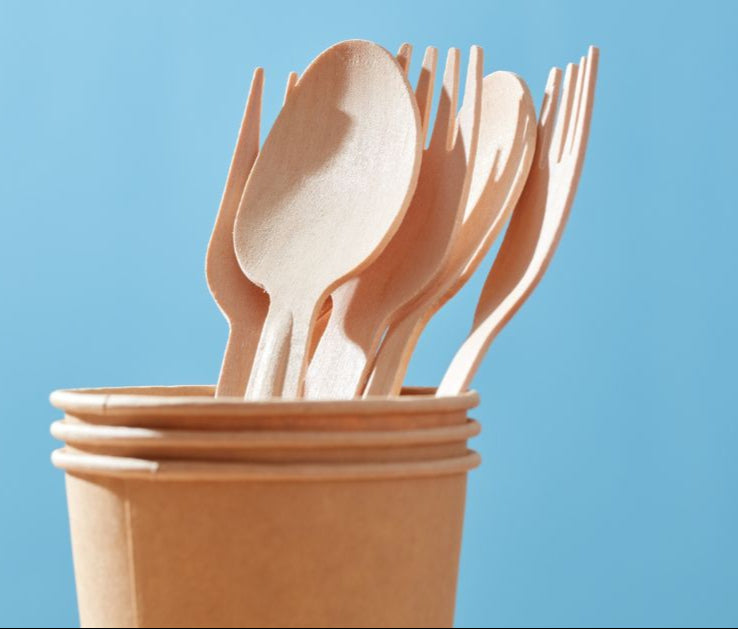At SustainableConsumables.com, we craft eco-friendly alternatives to single-use plastics and paper products, including straws, utensils, and toilet paper, all made from 100% sustainable bamboo. To help you make informed choices, we explain the key differences between home compostability, industrial compostability, and biodegradability, backed by industry standards.

Home Compostability
Home compostable products break down in backyard compost systems under ambient conditions (20-30°C). Our bamboo products meet the AS 5810-2010 standard for home compostability, ensuring 90% disintegration within 12 months and complete biodegradation into carbon dioxide, water, and biomass without toxic residues. This process occurs in a typical home compost bin, requiring only organic waste, air, and moisture. Unlike industrial composting, home composting doesn’t need high temperatures or specialized equipment, making it ideal for households aiming to reduce landfill waste. The AS 5810-2010 standard also verifies that no microplastics or harmful chemicals remain, ensuring soil safety. Decomposition speed depends on factors like climate, compost turning frequency, and material thickness, but our bamboo products are designed to break down efficiently in these natural conditions, supporting sustainable waste management.

Industrial Compostability
Industrial compostable materials require commercial facilities with controlled conditions (55-60°C, high humidity). Our products comply with EN 13432:2000 and ASTM D6400 standards, achieving 90% disintegration within 6 months and 90% biodegradation into carbon dioxide, water, and biomass within 180 days. These facilities, certified under ISO 14855-1:2012, maintain optimal heat, aeration, and moisture to accelerate decomposition. Industrial composting ensures no toxic residues, as verified by rigorous testing for heavy metals and eco-toxicity. Our bamboo straws and utensils are engineered to meet these standards, offering a reliable alternative to single-use plastics. However, access to industrial composting facilities, which process about 50% of U.S. organic waste per EPA data, varies by region. Choosing our products supports a circular economy when paired with these facilities.

Biodegradability
Biodegradable products break down naturally through microbial action, but timelines and conditions vary widely. Unlike compostability, biodegradability doesn’t guarantee complete decomposition or non-toxic byproducts. Our bamboo products exceed ASTM D6868 standards, breaking down into natural elements without microplastics, unlike some plastics that persist for centuries. The OECD 301 guidelines highlight that many “biodegradable” plastics require specific conditions to decompose fully, often leaving residues. Our bamboo, sourced sustainably, biodegrades in soil or water, supporting ecosystems. However, without controlled composting, biodegradation can take years, with rates depending on environmental factors like temperature and microbial activity. By choosing our products, you avoid the 500+ year decomposition timeline of traditional plastics, per NOAA estimates, and promote a cleaner planet.
Why Choose Sustainable Consumables?
Our bamboo-based products are designed for sustainability, meeting rigorous standards like AS 5810-2010 and EN 13432:2000. By choosing our home and industrial compostable straws, utensils, and toilet paper, you reduce reliance on single-use plastics, which can take 500+ years to decompose.
Visit SustainableConsumables.com to explore our range and join the movement toward a greener future.
